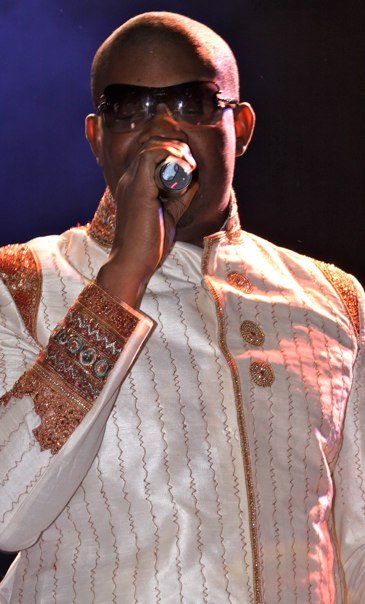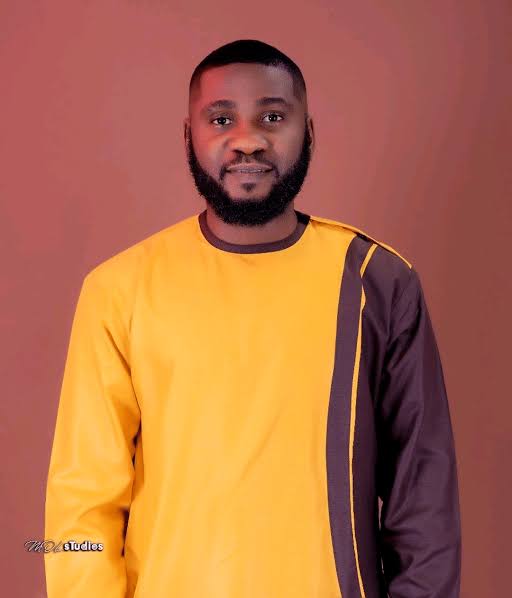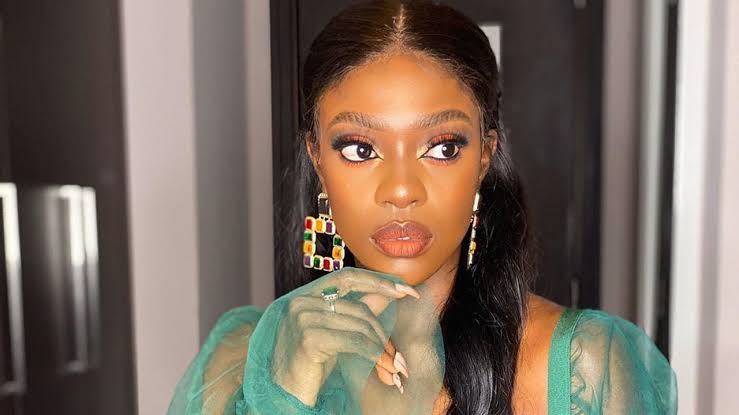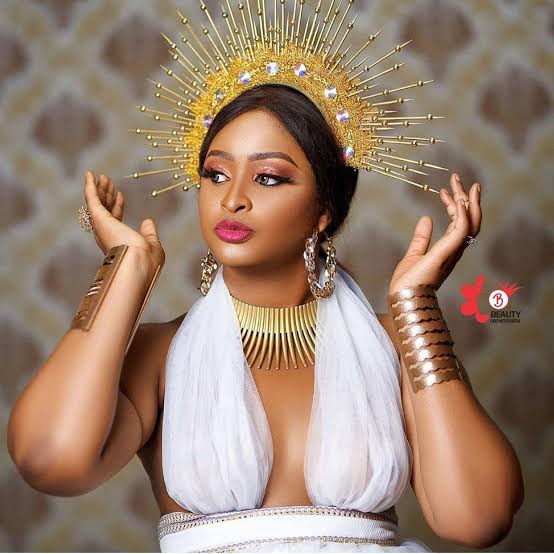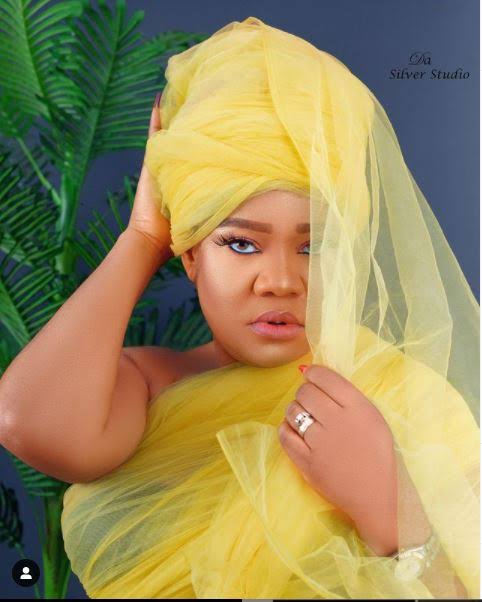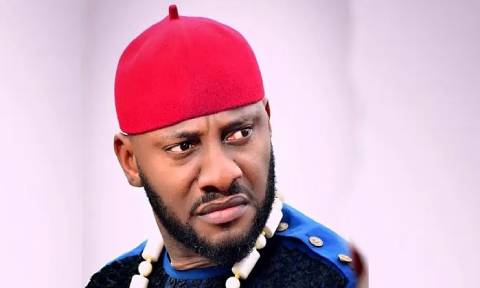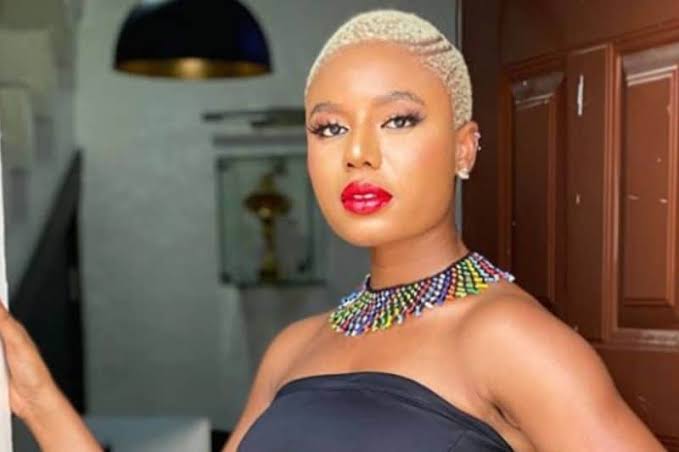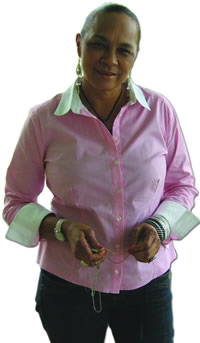
Annkio Briggs is a well-known Amazon of the Niger Delta agitation. As president of the Agape Birthright, spokesperson of the Ijaw Republican Assembly (IRA) as well as the United Niger Delta Energy Development Security Strategy (UNDEDSS), she has in the last 13 years ensured that the cause of the people of Nigeria’s oil producing region is always on the front burner of national discourse.
But away from the frontline of activism, Briggs, who refers to herself as the daughter and servant of the Ijaw nation, speaks on her childhood, marriage and single motherhood as well as her beauty secrets as she turned 59 years recently.
What was it like growing up?
My growing up was great fun. I was raised in the creeks and my father and grandmother raised me. My grandmother and father had a great influence on my upbringing. My father raised me like I was a boy.
You know, then I was a tomboy; I was always in shorts. I was always on the water with my dad because he was a marine engineer and living in the creeks my playground was the waterfront. There was no other place to play than the water. I loved fishing. I loved going into the creeks and I loved going to other communities. My upbringing was fun but it was very strict and I had to be responsible for my thoughts, my behaviour and actions.
What lessons did you learn from your father?
One thing I learnt as a child from my grandmother and father is telling the truth and having compassion. I was raised to fear lies and to embrace the truth. My grandmother used to say to me that whatever you cannot say in front of a person never say it behind him. I was raised to be compassionate. If you are not able to show compassion, when you need it you won’t get it.
What were your schooling days like?
I went to primary school in my community in Abonnema and my secondary school at Holy Rosary in Port Harcourt (Rivers State) before the civil war broke out and I lost three years of academics. After the war, I went to England to finish school. I read Marketing and I got married there and raised my children.
Were you very popular in school because of your beauty?
(Laughs) I don’t know about being popular in that sense. But everybody knew me in the school, everybody knew me in the community and you really can’t avoid knowing me because I was the only person of a mixed race as my mother is British and my father is Ijaw. Actually, I couldn’t get into too much trouble when I was a little girl because when others could easily deny and say it wasn’t me, I can’t because if I’m there I’m there. I enjoyed myself in school and I enjoyed myself in the community. You know the community is in me; the creek is in me. Even if I leave the creeks, the creeks and the community can’t leave me because it is in me. So wherever I go in the world and whatever I become, the creeks, my community, the waters and my heritage are always in me.
You speak Pidgin English so fluently. Did you also pick that up from the creeks?
Yes I did. I speak Pidgin English fluently and I write it. I speak my language, Kalabari, very fluently. I also write and read it. I speak Igbo fluently; I write and read it. In the days that we went to school, you had to read books that were written in Igbo language. That was in the 60s when I was in secondary school. So, I can understand and read Igbo well. I think I am an all-round person anyway.
How many kids do you have?
I have four children.
Are you a grand mum?
No, but I wish I were, really (laughs).
Are they all boys?
No, I have a son and three daughters.
What about your husband?
I am a single parent, a divorced parent.
Would you want your kids to toe the same line as an activist?
No, I wouldn’t want my kids to toe the same line, if that means that they would be in the Niger Delta struggle as it is called. But I would want my kids to toe the same line and even do better than me when it comes to speaking the truth, standing up for justice and knowing that white is white and black is black.
I want my children to be straightforward because that was what I picked up from the people that raised me. So, whoever I am today is based on how I was raised and they say that you cannot give what you don’t have. So it is the way I was raised that I raised my children and definitely I would want my children to grow up and be people that when they say my mother is Annkio Briggs, people would say ‘no wonder.’ It shouldn’t only be in physical resemblance but it should be that there is something about me that would make the person say that. If they are like that, then I would have succeeded in raising children that I would be proud of.
How long have you been an activist?
It has become a full passion and job for me since 1998 when my marriage broke. It is 13 years.
Why did you join the struggle, as you called it?
I grew up in the community. One day when I visited I couldn’t recognize the community because of the oil pollution in the environment. I couldn’t see any positive changes in my community. People were worse off and I couldn’t comprehend that. I couldn’t understand it because it seems that we had moved back in time or that we just stood still because the environmental pollution made it look worse. I needed to find answers and wanted solutions to it.
But it was the day that Ken Saro-Wiwa was hanged that I said to myself that there is no way as a human being I can sit on the sideline and watch this. You know he was killed because of his resistance to the oppression of his people and I was already feeling that a long time before this. I knew there was nothing that would hold me back from non-violent agitation. I think that was when I made up my mind and since then I have not changed my mind and I am not going to change my mind.
How do you combine being a mother with activism?
It wasn’t easy for me at the early stage because two of my children were young at that time. In 1998 my son was five and my last child was three-and-a-half. At that time they were just starting kindergarten and you can imagine how life would have been for a single mother – having to drop children in school, to pick them up, to look for what they would eat and how they would eat and sleep. And you still have to do other things that you were so passionate about, which is to also make sure that I was resisting injustice to my people.
It wasn’t easy but at the end of the day I cannot speak about my time and contribution in the struggle without pleading guilty to the fact that my children also had to pay price for my activism. In a way, sometime I felt bad and guilty. There were times I had to leave my kids for a day or two because of what I had to do within the system of activism. Even though it wasn’t easy, I knew I had to do it. I paid heavier price just like my children because I was an adult.
I was making decisions for myself and my children were not making the decisions for themselves. They had to just accept it. So when I was not around and they missed me, they just had to accept it. It was not fair on them. But one thing I do know is that my children appreciate and understand and they are proud of me.
As a female activist, what are some of the challenges?
Oh! plenty. In societies, women just face challenges because they are women. And whatever profession women have gone into they have always faced challenges. In the type of work that I do, it is seen as a macho activity. You know, to be strong, to be fearless, to speak the truth is seen as if you need physical strength all the time to do it. But you don’t need that. What you need is commitment, the truth and believing in what is right, and I don’t think that is limited to men alone.
Was there a particular challenge?
No, it was just always there and it is always there.
But was there a time you felt like quitting?
Many times, especially when you are confronted with dangerous situation. I have had times I asked myself what am I doing? Because it seems you are not going to get anywhere. Government comes and goes but the things still remain. Your people are still oppressed, the East-West road is still not built, there is still no electricity, pollution goes on, opportunities are not given to our people, education is not available, healthcare is not available.
You know you would not be human if you didn’t stop to ask yourself, wait a minute, what am I doing? But immediately I have that feeling, less than 12 or 24 four hours later I go back to the point I was when I asked myself the question. So, I just shrug my shoulders and I move on. But it is not a comfortable or easy environment to be in. It is however the choice I have made.
At 59, are you thinking of retiring soon?
No. Retire from what? God has given me strong legs, he has given me two eyes, I can hear, I don’t have any bits and pieces that I am using medication for. God has so blessed me immensely. Retire for what? If anybody thinks I am retiring, they better wait for another 50 years.
What are your beauty secrets because you still look very young for your age?
I don’t have beauty secrets. I look at soap and it says it makes skin soft, I like it and I just buy it. I use cleansers. I am just like any other regular woman. I look at the magazine and they show you one beautiful woman and they say she is using this soap and I would say, well let me use this too. (Laughs). The same with colours, clothes. I like clothes. I like to look good and I love to put my makeup on. I don’t do any extraordinary thing.
So you don’t have a beauty routine?
It’s the regular one. You wash your face, put on moisturizer, eye shadow and all those things to enhance what God has given to you. And in terms of food for instance, I don’t eat until I am hungry. I will never say that I have not eaten this morning, so give me eba, I beg. That is not how I eat. I eat when I am hungry. If I am hungry I will eat, I drink a lot of water, I take a lot of juice. I like champagne or wine. So I drink that occasionally. The only thing for me is that I don’t have much stress. I think personally that being married or being in a relationship is very stressful. I don’t have those types of stress.
Are you saying that you prefer being single to being married?
I don’t think that there is anything to prefer or not to prefer. But definitely being married at anytime puts a level of responsibility on you. Whether you like it or not you are accountable to another person. But now I am accountable to God and my children, then myself.
Any regrets in life?
For me not to have regrets, I mean even God himself have regrets sometimes, I am sure because when we give him trouble he may ask himself, nna na wa o! What is happening here self? (Laughs) people have times when they think one decision or the other was wrong and should not be made. But I don’t see regrets as something you can dwell on, if you break an egg you can’t set it back into the shell. Why crying out over spilt milk?
Whatever regret I have I prayed to God to I have learnt from them and moved on and when confronted with the same circumstances, I would be able to handle it better. But my regret should have been that we should have been more aware as a people about the issues to do with power and governance in Nigeria.
We cannot end this interview without you talking about your impression of the Goodluck Jonathan administration.
The thing about Jonathan’s administration is just like any other administration. You have a president that just came in and you can judge him by what he starts from day one. I can’t ignore the fact that we are from the same place. He is my brother. I fought for him and I voted for him. We have expectation from him as a people just as all Nigerians have expectations from him too. But we are not concerned by the other expectation. Rather we are concerned about our own.
Frankly, we expected that by now a lot more would have happened. I think by bringing back the same type of ministers that we know have not really delivered much is an issue for us and the fact that there is nothing on ground to show as a people from the Niger Delta region and even to Nigerians also that voted for him.
We are not really seeing anything that would show that a change has started. The process has not started. Now whether that is because it is party politics I think time will tell. But for me as a person, I am beginning to ask myself how much longer we have to wait to see the changes that we so heartily expected.
